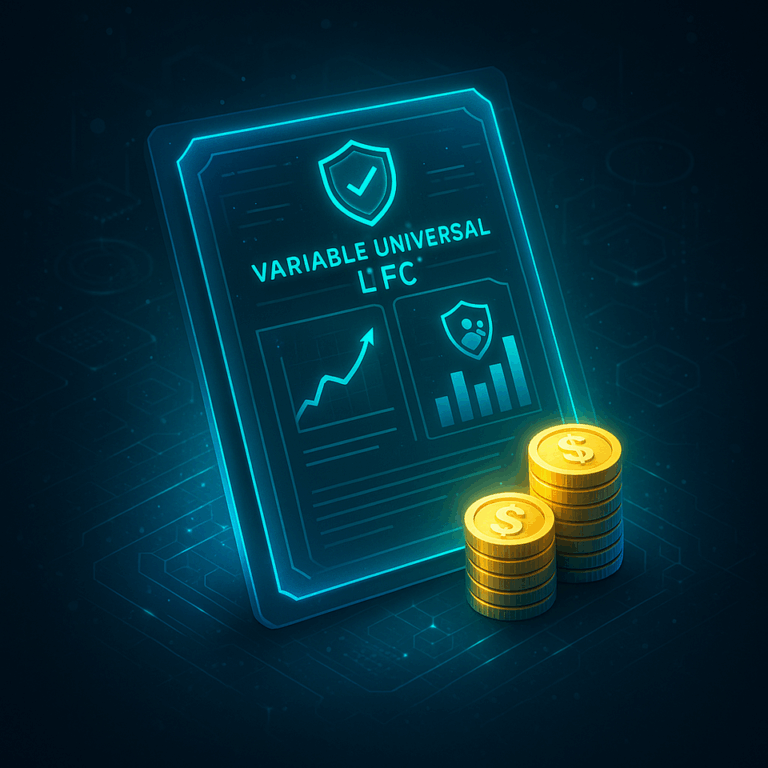In an unpredictable world, financial planning is not only about building wealth but also about protecting it. Insurance plays a fundamental role in safeguarding individuals, families, and businesses against unforeseen risks. Whether it involves health, property, life, or liability, insurance creates a safety net that ensures financial stability during times of crisis. Understanding how insurance functions and why it matters is essential for anyone seeking long-term financial security.
The Role of Insurance in Financial Planning
Risk Management and Stability
At its core, insurance is a risk management tool. By paying regular premiums, individuals and organizations transfer the potential financial burden of unexpected events to insurers. This reduces uncertainty and provides stability.
Protecting Assets and Income
Insurance policies help secure valuable assets such as homes, cars, and businesses. Life and disability insurance also protect income sources, ensuring families can maintain financial stability even in difficult situations.
Supporting Long-Term Goals
Insurance is not only about immediate protection. By mitigating risks, it allows people to focus on building wealth, investing, and preparing for retirement with greater confidence.
Types of Insurance
Health Insurance
Health insurance covers medical expenses, providing access to healthcare without overwhelming financial strain. It is one of the most crucial forms of protection for both individuals and families.
Life Insurance
Life insurance ensures financial support for dependents in the event of death. It covers expenses such as education, debts, and living costs, making it a cornerstone of family financial planning.
Property and Casualty Insurance
This type protects physical assets such as homes, vehicles, and businesses against risks like fire, theft, or natural disasters.
Liability Insurance
Liability coverage shields individuals and companies from legal and financial consequences resulting from accidents, damages, or negligence claims.
Business Insurance
Enterprises rely on tailored insurance to manage risks associated with operations, employees, and market fluctuations, ensuring business continuity.
The Broader Economic Impact of Insurance
Encouraging Investment and Growth
By providing security, insurance encourages individuals and companies to take calculated risks, such as launching a business or expanding investments.
Supporting Social and Economic Stability
Insurance contributes to society by preventing financial collapse at the household or corporate level, stabilizing economies during crises.
Role in Disaster Recovery
Following natural disasters or large-scale crises, insurance helps communities rebuild quickly by covering losses and restoring livelihoods.
Modern Trends in Insurance
Technology and Digital Platforms
Insurtech has transformed the industry, introducing digital platforms, AI-driven risk assessments, and faster claim processing. These innovations make insurance more accessible and efficient.
Personalized Products
Modern insurers increasingly offer tailored solutions, adapting coverage to the specific needs of individuals, families, or companies.
Integration With Financial Services
Insurance products are now integrated with banking and investment services, offering more holistic financial planning options.
Challenges in the Insurance Sector
Rising Costs
Healthcare inflation, climate change, and global risks are increasing the cost of insurance premiums, posing challenges for affordability.
Regulatory Complexity
Insurance is subject to varying regulations across jurisdictions, making compliance complex for global insurers.
Consumer Awareness
Many individuals remain underinsured due to a lack of understanding about coverage options, highlighting the need for better financial education.
Insurance and Retirement Planning
Insurance plays a critical role in retirement strategies. Long-term care insurance protects savings from medical costs in later life, while annuity products can provide stable income streams. This integration ensures that retirement plans remain resilient against unexpected expenses.
Conclusion
Insurance is not simply a financial product but a cornerstone of financial security. It allows individuals and businesses to manage risks, protect assets, and plan confidently for the future. In a world filled with uncertainties, insurance provides stability, resilience, and the confidence needed to pursue long-term financial goals.



